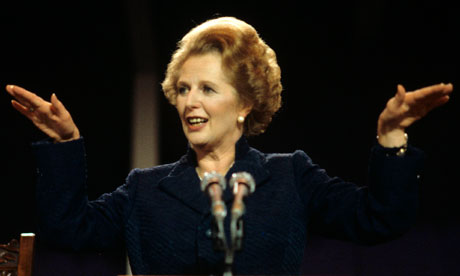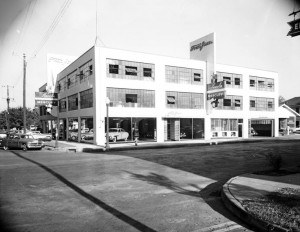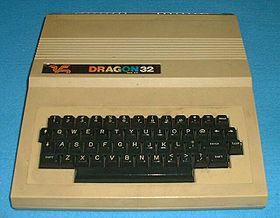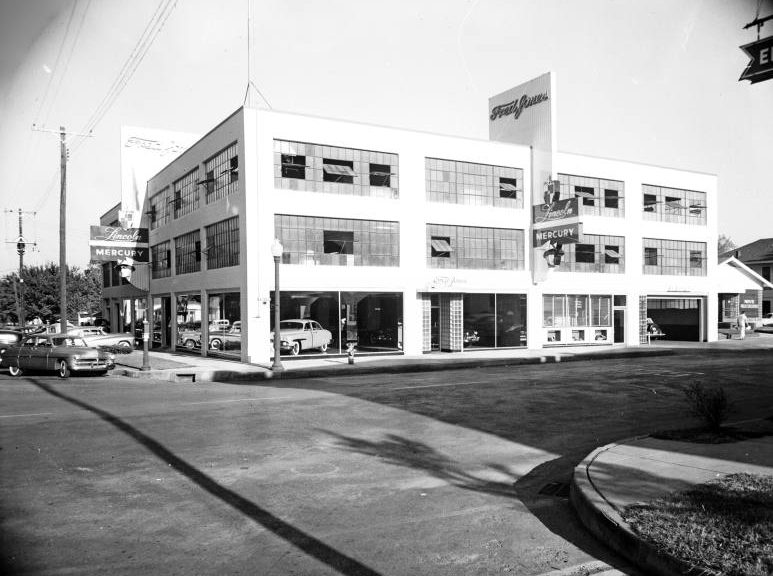Margaret Thatcher on Reforms, Family & Environment
 On Reforms
On Reforms
Thatcher wanted to see improvements in the quality of education. Grammar and spelling were major problems for the British student. She believed a strong national curriculum would help. She also wanted to reward teachers who were graded positively and punish poorly graded teachers. Thatcher believed in measurement targets and empirical data as a valuable tool for determining success in education. Education was by no means completely reformed. The success was moderate: Thatcher wanted continued improvement. Housing was adjusted. The NHS spending increased 40% in less than a decade in office. Thatcher rejected pressure to put more money into the healthcare system. Thatcher laments the Scottish question of devolution. The Scottish Tories were very weak during her tenure. The 1987 election saw southern England vote Tory but Scotland, Wales and Northern Ireland split the vote.
 On Family, Arts, The Environment, Privatization
On Family, Arts, The Environment, Privatization
Thatcher believes the BBC produces sub par material most of the time. She believes that the arts should be promoted. But whenever the state is too involved with a project it inevitably withers away, according to Thatcher. Crime is caused by a lack of family not by poverty as socialists believe. Socialists are wrong. Family needs to be protected at all costs. The Family was disintegrating in British life during the 1980s. Father’s who abandoned their children lead to a lower standard of living. Such abandonment has horrible ramifications. Thatcher believed that climate change was an emerging concern in society. She spoke about it in a speech. She was unsure of the cause but saw that scientific facts were mounting against polluters, and was convinced that future Prime Ministers would be called on for a global effort to combat environmental damage. Thatcher strongly believed in privatization and tax cuts as a solution to Britain’s ills.
The Future Of Shopping
Lee Iacocca: Understand Your Customers
 For Lee, the dealers are the ONLY CUSTOMER of Ford, not the end user of the automobile. Ford’s business model relied heavily on key partners such as dealers who were franchised out. Sales representatives, such as Iacocca, would directly interact with dealerships for that purpose. Making sure that the dealers felt needed as part of the team was very important. Bringing them in as part of the ‘head table’ was one thing other managers did not grasp at Ford. Iacocca knew that happy relations with the dealers = greater profits and responsiveness to demand. Dealers were the guts of the car business in the 20th century and were the quintessential entrepreneurs according to Lee.
For Lee, the dealers are the ONLY CUSTOMER of Ford, not the end user of the automobile. Ford’s business model relied heavily on key partners such as dealers who were franchised out. Sales representatives, such as Iacocca, would directly interact with dealerships for that purpose. Making sure that the dealers felt needed as part of the team was very important. Bringing them in as part of the ‘head table’ was one thing other managers did not grasp at Ford. Iacocca knew that happy relations with the dealers = greater profits and responsiveness to demand. Dealers were the guts of the car business in the 20th century and were the quintessential entrepreneurs according to Lee.
Since the dealerships manage the relationship with the customer, Iacocca had only a passing exposure to those interactions but a simple dealer sales tip to remember is that anybody who buys a car will rationalize the purchase for at least a few weeks, even if it was a mistake. Buyer’s remorse is always an issue when the product is a large purchase such as a home or automobile. One of Lee’s mentors was a sales guy who would phone a recent buyer 30 days after completing a sale and ask “how did your neighbours like your new car?” By asking about friends instead of directly asking about the car, the sales rep could get new leads + the customer will want to justify that it was still a smart buy in the face of social status.






